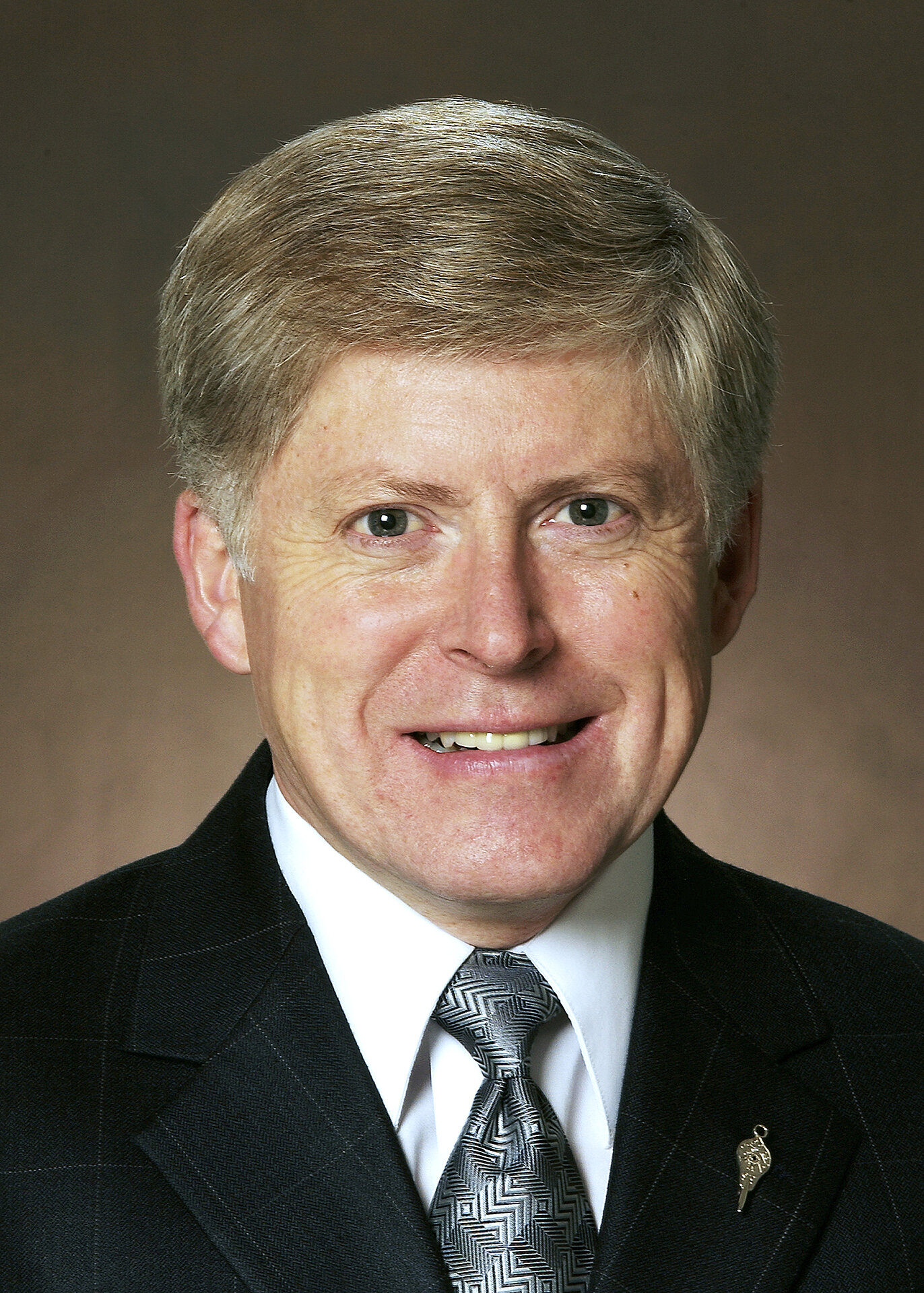
Robert S. Littlefield, professor of communication, presented research on communicating risk and crisis messages to underrepresented populations and multicultural groups in a program titled, “Risk Communication as an Intervention Strategy,” at the third annual U.S. Department of Homeland Security University Network Summit March 17-19 in Washington, D.C.
Littlefield’s research focuses on designing, testing and presenting risk and crisis messages that are culture-centered, in that they integrate the different cultural groups into the process. The community-based participatory research paradigm is used in the health care sector. Littlefield’s culture-centered approach has been recognized as essential in the pre-crisis stages when developing trust and credibility between governmental spokespeople and the affected publics is necessary.
Panelists Timothy L. Sellnow, University of Kentucky; Anthony Flood, International Food Information Council, Washington, D.C.; and Matthew W. Seeger, Wayne State University, joined Littlefield. Sellnow and Seeger provided a comprehensive review of risk communication, focusing on its use as an intervention strategy during a recall or crisis event. Littlefield emphasized practical strategies for effectively engaging underrepresented and multicultural populations in preparation for and prevention of crisis events. The flood provided approaches for cooperative research and training with risk communication practitioners in industry and government.
Littlefield and his NDSU research associates received funding from the U.S. Department of Homeland Security through the National Center for Food Protection and Defense at the University of Minnesota.